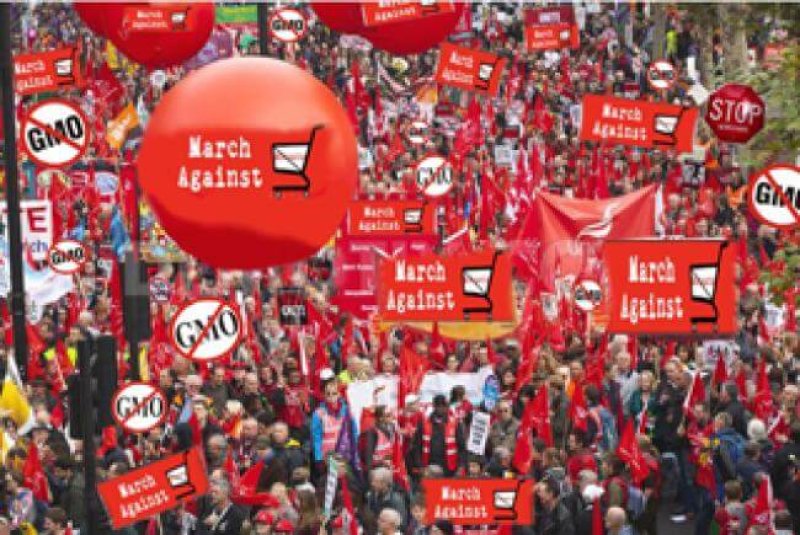…
Despite the company’s chequered history, the general public was largely unaware Monsanto…[but t]hat all changed in 1996…when Monsanto attempted to sell its first products in Europe…despite regulatory approval from the EU, consumers in the UK rebelled against Round-Up Ready seeds, leading supermarkets to boycott GM foods and tabloids to coin the term ‘frankenfoods’.
Monsanto was caught off guard, dubbing the British the “sad sacks of Europe” for querying the use of GMOs – hardly a masterstroke of public relations … A subsequent and ill-advised campaign … ran into trouble with both environmental activists and industry watchdogs.
Environmental organisations encouraged the fallout with a series of high-profile campaigns against the company and GMOs in general.
…
It has taken some years, but the evidence in favor of GMOs is beginning to take hold in the public consciousness.
Director at Cornell Alliance for Science, an organization that supports “evidence-based decision-making in agriculture,” Sarah Davidson Evanega said:
We’ve had a lot of studies that have suggested there’s no reason to think that the nature of how these plants are bred would pose any danger to human health and the environment, and that of course is based on the crops we have today.
In response, the media is beginning to change its tune….Indeed, a lot of the bad press about GMOs lacks scientific evidence and makes nonsensical comparisons.
…
The GLP aggregated and excerpted this blog/article to reflect the diversity of news, opinion, and analysis. Read full, original post: The GMO debate: sowing the seeds of the controversy































